Tea tree oil, crushed aspirin, baking soda, and aloe vera are among the natural options people often try to manage dandruff. If these approaches don’t improve your scalp within about three weeks, it’s wise to see a healthcare professional.
Nearly half of people worldwide will deal with dandruff at some point. Multiple factors can contribute, such as:
- dry skin
- seborrheic dermatitis
- sensitivity to hair products
- overgrowth of a fungus
Although many over-the-counter (OTC) remedies exist for dandruff, at-home treatments can be equally useful for some individuals.
1. Tea tree oil
Tea tree oil (Melaleuca alternifolia) has a history of use for skin issues like acne and psoriasis. It may possess antifungal and anti-inflammatory qualities that could help reduce dandruff.
A 2020 study investigating a skin pigmentation condition reported that using placental tissue infused with tea tree oil performed comparably to a prescription antifungal in healing lesions caused by the fungus Malassezia.
While that research indicated a reduction in fungal presence, the outcome for dandruff specifically isn’t certain. Higher-quality studies are needed to confirm tea tree oil’s effectiveness for scalp flaking.
Tea tree oil can irritate sensitive skin. To reduce risk, dilute a few drops in a carrier oil like jojoba or coconut oil before applying to the scalp.
2. Coconut oil
Coconut oil (Cocos nucifera) is frequently used as a natural dandruff treatment.
Laboratory studies suggest coconut oil may improve:
Test-tube research also indicates coconut oil and some of its components have antimicrobial effects.
In a 16-week trial involving 140 women, applying coconut oil to the scalp altered the scalp microbiome and certain dandruff-related markers. More research is necessary to draw definitive conclusions.

3. Aloe vera
Aloe vera (Aloe barbadensis) applied topically can treat various skin issues such as:
- burns
- psoriasis
- cold sores
Laboratory studies indicate aloe vera may be effective against multiple species of fungi and could help regulate fungal growth.
Additional lab research suggests aloe vera may reduce inflammation, which might ease dandruff symptoms. Despite encouraging findings, further studies are required.
4. Manage stress
Although stress doesn’t directly cause dandruff, it can worsen seborrheic dermatitis symptoms like dryness and itching.
A 2023 cross-sectional survey of 629 respondents in Saudi Arabia linked stress to skin issues such as:
- hair loss
- eczema
- acne
Use stress-management strategies to help reduce flares and improve skin health.
5. Apple cider vinegar (ACV)
Apple cider vinegar (Malus pumila Mill) is touted for various health uses and is sometimes tried as a home remedy for dandruff, though scientific support is limited and largely anecdotal.
ACV’s acidity may decrease dryness on the scalp and help rebalance skin pH to discourage fungal proliferation.
However, a 2022 study of 22 participants found that applying diluted ACV topically did not improve eczema or the skin barrier — and it even caused some harm.
If you want to try ACV, mix a few tablespoons into your shampoo or dilute it with a small amount of essential oil and spray lightly on your hair.
6. Aspirin
Salicylic acid (SA), a primary metabolite of aspirin, is responsible for its anti-inflammatory effects and appears in many anti-dandruff shampoos.
SA helps break down scaly skin and loosen flakes so they can be washed away. A small 2018 trial found that a shampoo containing SA significantly improved irritation and itching in 10 people with inflamed scalps.
For a home remedy, try crushing two aspirin tablets into powder and adding it to your shampoo before washing.
7. Omega-3s
Omega-3 fatty acids are components of cell membranes and are crucial for the function of many body systems.
Insufficient omega-3 intake can lead to scaly, itchy, or rough skin. They support skin health by helping to:
- maintain the skin’s moisture barrier
- prevent premature aging
- promote wound repair
Omega-3s may also reduce inflammation, which can alleviate:
- scalp irritation
- psoriasis
- dandruff symptoms
Include omega-3–rich foods in your diet to support scalp and skin health.
8. Probiotics
Probiotics are beneficial microbes associated with several health advantages, including:
- reduced allergy risk
- lower cholesterol
- support for weight management
These microbes may also boost immune function, helping the body resist fungal infections that contribute to dandruff.
A 2017 study suggests that probiotic supplementation for several months significantly reduced dandruff severity in 60 participants.
Probiotics may also help prevent or manage skin conditions such as eczema and atopic dermatitis, particularly in certain populations.
Read more about probiotic supplements and foods that contain them.
9. Baking soda (sodium bicarbonate)
Baking soda can serve as a mild exfoliant to remove dead skin cells, reducing flaking and itch. It may also have antifungal action.
A 2024 review of baking soda as a natural antifungal noted that it improved dandruff symptoms without the adverse effects tied to systemic antifungal medications.
However, additional research is required, as a 2019 study found that baking soda could negatively affect:
- psoriasis
- skin hydration
- skin redness or discoloration
To use, rub baking soda into wet hair and massage across the scalp. Leave it on for 1–2 minutes, then continue with your regular shampoo routine.
10. Avoid certain foods
Dietary changes may help by controlling yeast growth and improving gut microbiota, which could support dandruff management. More study is needed on diet’s exact role in dandruff.
Cutting back on foods that trigger skin inflammation might reduce scalp irritation. Foods you may consider limiting include:
- refined carbohydrates
- gluten-containing products
- red meat
- ultra-processed items
- fried foods
- sugary foods and drinks
- nightshade vegetables like eggplant, peppers, and tomatoes
Additional treatments
Many OTC medicated shampoos and scalp therapies contain antifungal or antibacterial agents intended to reduce dandruff when home measures aren’t effective.
If OTC options and home remedies fail after 2 to 3 weeks, see a doctor to explore prescription shampoos or medications.
Your clinician may recommend topical antifungals, corticosteroids, or immunomodulating drugs to treat dandruff and related scalp conditions.
Frequently asked questions
How can I get rid of dandruff fast?
The most effective strategy for controlling dandruff is using targeted shampoos and scalp treatments. Home remedies can be useful when those products aren’t available.
What kills dandruff?
Active ingredients that help eliminate dandruff in medicated shampoos include:
- zinc pyrithione
- selenium sulfide
- ketoconazole
- coal tar
- salicylic acid
- sulfur
When a fungal infection is the underlying cause, antifungal medication may be necessary.
How to get rid of dandruff naturally?
Natural options such as baking soda, probiotics, or certain oils can sometimes reduce dandruff. Lifestyle changes like dietary tweaks and stress management may also help.
Can dandruff go away on its own?
Certain forms of dandruff can fluctuate or resolve on their own, but dandruff caused by fungal infection usually requires treatment.
Takeaway
Dandruff can be itchy and bothersome, yet various natural remedies—oils, baking soda, omega-3s, and more—may ease symptoms and provide relief.
If these at-home approaches don’t improve your dandruff, consult a healthcare provider to discuss other treatments that could offer longer-lasting results.



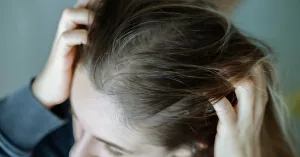


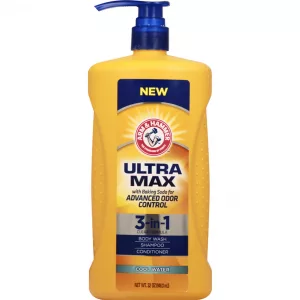
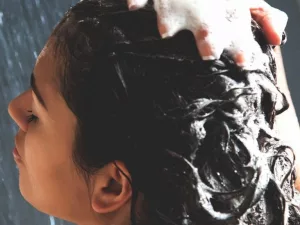
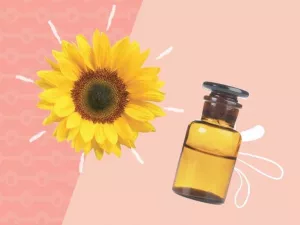

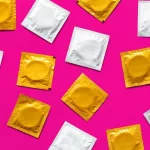
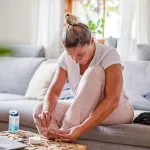

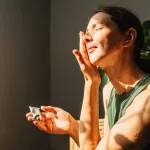


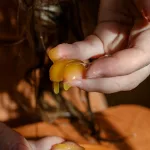
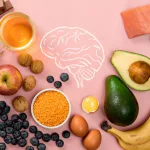

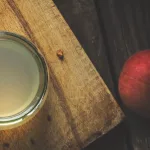
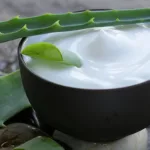


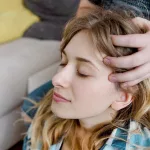
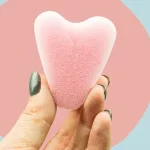
Leave a Reply
You must be logged in to post a comment.